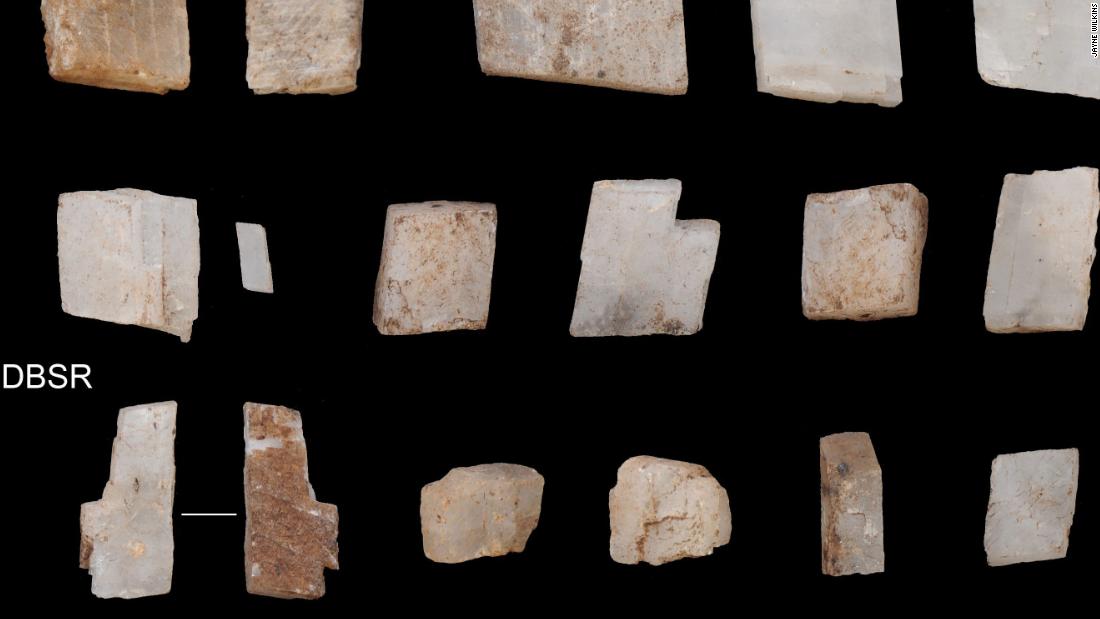
New discoveries fundamentally change the picture of human evolution in Africa
CNN
Early humans were just as innovative inland as on the coast, new research from the southern Kalahari Desert in Africa suggests.
The earliest evidence suggesting that modern humans were capable of symbolic thought and complex behavior -- the use of ochre pigments paint and decorative items -- comes from coastal sites in Africa that date back to around 70,000 to 125,000 years ago. These types of objects give us insights into the human mind because they suggest a shared identity. Archeologists had assumed that many of the innovations and skills that make Homo sapiens unique evolved in groups living by the coast before spreading inland. Predictable marine resources like shell fish and a more forgiving climate may have allowed more early humans in these areas to thrive. Plus a diet rich in sea food, which contains omega-3 fatty acids that are important for brain growth, may also have played a role in the evolution of the brain and human behavior.More Related News
